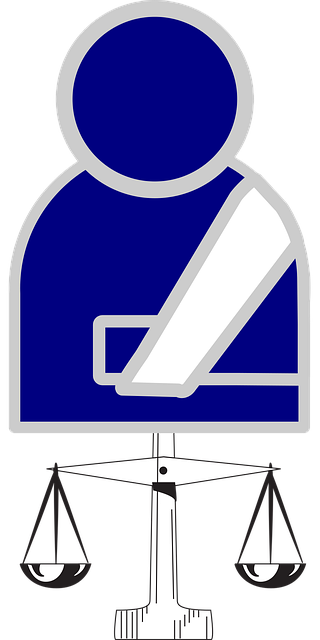Medical evaluations are paramount in the injury claim process, providing critical evidence linking incidents to legal consequences. These assessments determine injury severity, impact on victims' lives, and guide liability determinations, compensation calculations, ultimately facilitating fair resolutions. Comprehensive evaluations include clinical exams, diagnostic imaging, and specialist consultations, ensuring accurate reflection of recovery costs. Objective medical evidence shapes legal outcomes but faces scrutiny from insurers and legal professionals, requiring accurate documentation and effective communication for successful claims.
Medical evaluations play a pivotal role in the injury claim process, serving as crucial assessments that determine compensation and recovery paths. These evaluations not only validate injuries but also guide settlement amounts and rehabilitation plans. This article delves into the significance of medical evaluations, exploring different types of assessments used in injury claims and analyzing their impact on claim outcomes. Understanding these aspects is essential for both claimants and insurance professionals navigating the complex landscape of injury claim processes.
- Understanding Medical Evaluations: Their Role in Injury Claim Process
- Types of Medical Assessments for Injury Claims
- The Impact and Challenges of Medical Evaluations on Claim Outcomes
Understanding Medical Evaluations: Their Role in Injury Claim Process

Medical evaluations are pivotal components of the injury claim process, serving as a bridge between the incident and its legal ramifications. These assessments play a crucial role in establishing the extent of injuries sustained and their impact on an individual’s life. In cases like car accidents or instances of caregiver negligence, understanding the significance of these evaluations is essential for anyone navigating the complex landscape of personal injury claims.
They provide tangible evidence to support the victim’s account, offering insights into physical and psychological well-being post-incident. This data becomes instrumental in determining liability, calculating compensation, and facilitating a fair resolution. With the help of qualified medical professionals, individuals can ensure their legal representation has comprehensive documentation, enhancing the chances of securing appropriate reimbursement for car accident injuries or obtaining justice in cases of caregiver negligence.
Types of Medical Assessments for Injury Claims

When it comes to evaluating injuries sustained in accidents like truck collisions or other personal injuries, several types of medical assessments play a crucial role in the injury claim process. These evaluations are essential for determining the extent of damage and establishing liability. One common assessment is the clinical examination, where healthcare professionals carefully inspect the injured area for signs of trauma, including physical deformities or sensory impairments.
Another critical component is diagnostic imaging, such as X-rays, MRIs, and CT scans, which provide detailed internal images to identify fractures, soft tissue damage, or neurological issues. Additionally, specialist consultations are often required for complex cases, involving specialists like orthopedists, neurologists, or chiropractors who offer expert opinions on the nature and severity of injuries, potentially linking them to medical negligence. These comprehensive assessments ensure that claims accurately reflect the true cost of recovery.
The Impact and Challenges of Medical Evaluations on Claim Outcomes

Medical evaluations play a pivotal role in shaping the outcome of injury claims, often acting as a crucial pivot point in the legal process. These assessments provide objective evidence regarding an individual’s injuries, treatments required, and overall recovery prospects. However, they also present unique challenges. Insurers and legal professionals scrutinize medical reports meticulously, using them to either support or contest claim validity. In many cases, especially within the realm of commercial disputes or elder law, these evaluations can be subjective, with differing interpretations leading to protracted debates.
Moreover, the complexity of medical negligence claims further emphasizes the significance of thorough and unbiased medical evaluations. Accurate documentation of injuries, treatments, and their outcomes is essential to prove negligence and secure just compensation. Effective communication between healthcare providers, legal teams, and insurers becomes paramount, ensuring that all parties involved have access to consistent and reliable medical information. This collaborative process aims to navigate the intricate details of an injury claim, ultimately contributing to a fair resolution.
Medical evaluations play a pivotal role in the injury claim process, ensuring fair compensation and effective dispute resolution. By thoroughly assessing injuries, these evaluations provide critical insights that influence claim outcomes. Understanding the types of medical assessments available and their impact is essential for both claimants and insurers. Navigating this process requires sensitivity to challenges and potential complexities, emphasizing the need for accurate documentation and professional expertise throughout the injury claim process.






